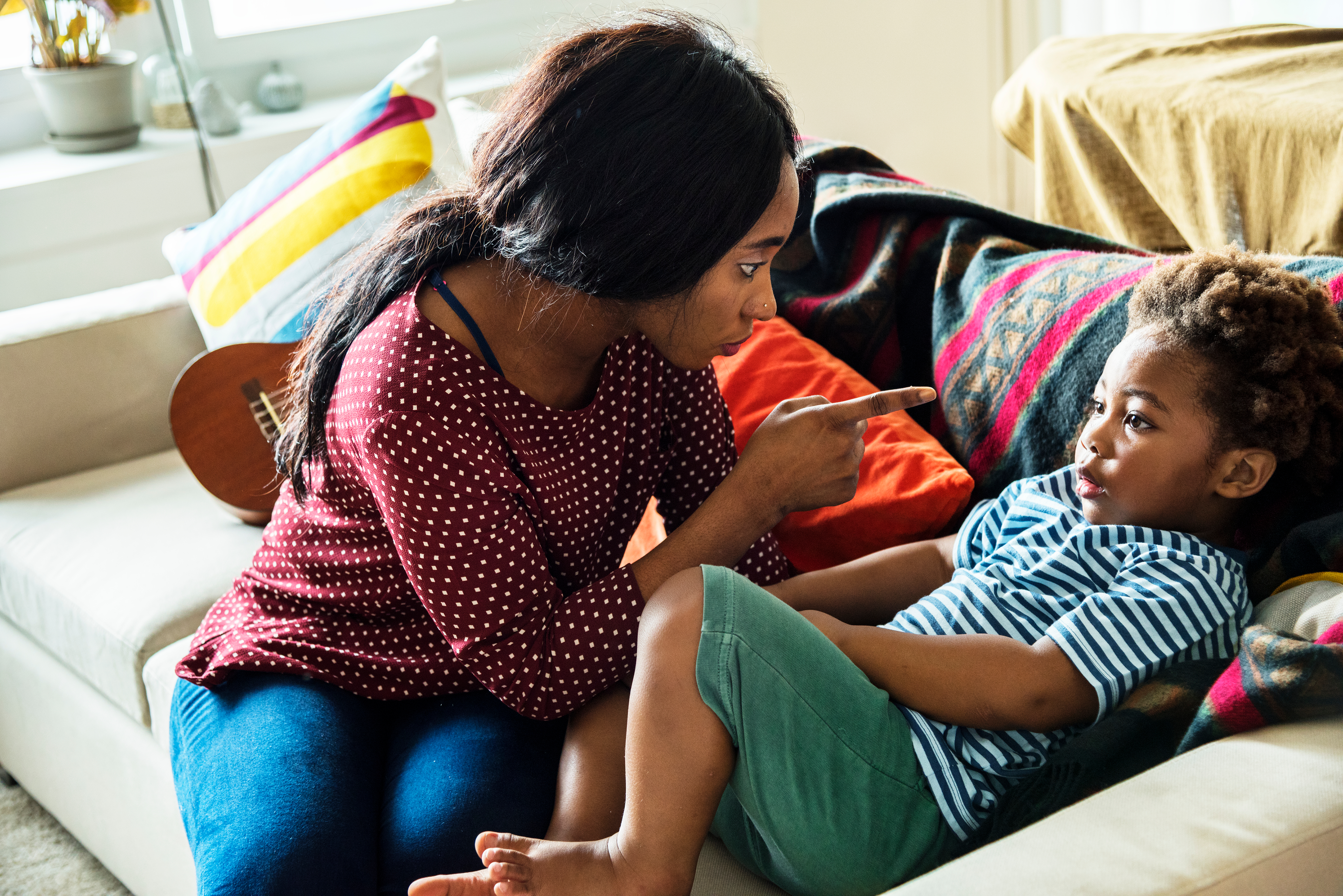
Wouldn’t it be nice to go to a parenting school where we would graduate after we have done well and gotten to know to how to handle the pressure that comes with life and being a parent? As good as this sounds, it is only a fantasy.
Growing up, anyone who had a toxic parent would tell you how sad they made them feel. As grownups with kids of our own, we have sadly forgotten the feeling we once hated and continue to allow life’s pressure to turn us into the toxic parents who made us unhappy during our younger years.
A toxic home environment can be avoided and a healthy non-toxic one can easily be formed, but this needs a serious commitment.
Below we have shared tips on how to build a healthy non-toxic relationship with your kids as shared by Mind Journal.
Be the bigger person.
You’re truly the older and bigger person so it is important to act as one. If a fight erupts between you and your kid(s), there is nothing wrong being the one who breaks the silence as this is one way to restore peace and harmony and with prospects of resulting in healthy communication. After a disagreement, be the one who breaks the silence, extends the olive branch, and works to restore healthy communication. Apply the advantages of maturity for good. Step back and process. Use your judgment. And step in with determination not to be right but to make things right between the two of you. Kids are much less likely to remember whether you won or lost a particular fight or argument than to recall exactly how you made them feel.
Understand the difference between criticising and correcting.
Almost everything that kids need to know about life has to be taught. This includes discipline, self-control, healthy habits and many other things. It is important to guide them instead of criticising them. Refrain from calling them lazy or stupid. Instead, your focus should be teaching your children work ethics that will also help them in navigating their academics. Set challenges and goals while motivating them to try harder. Personal insults break their spirit and make them want to give up. Criticism weakens, while correction strengthens and opens the door for positive reinforcement.
Don’t pathologise your children to cover up your own poor parenting skills.
Calling your children stupid or labelling them using a personality disorder to explain and excuse behavior that you should be addressing—or that mirrors your unhealthy modeling—places a lead weight on your child that he or she will be eager to lift at the onset of adulthood. It is also wrong to blame their bad behaviour on your partner’s genetics especially in front of them.
Also see: Signs you might be a toxic parent




